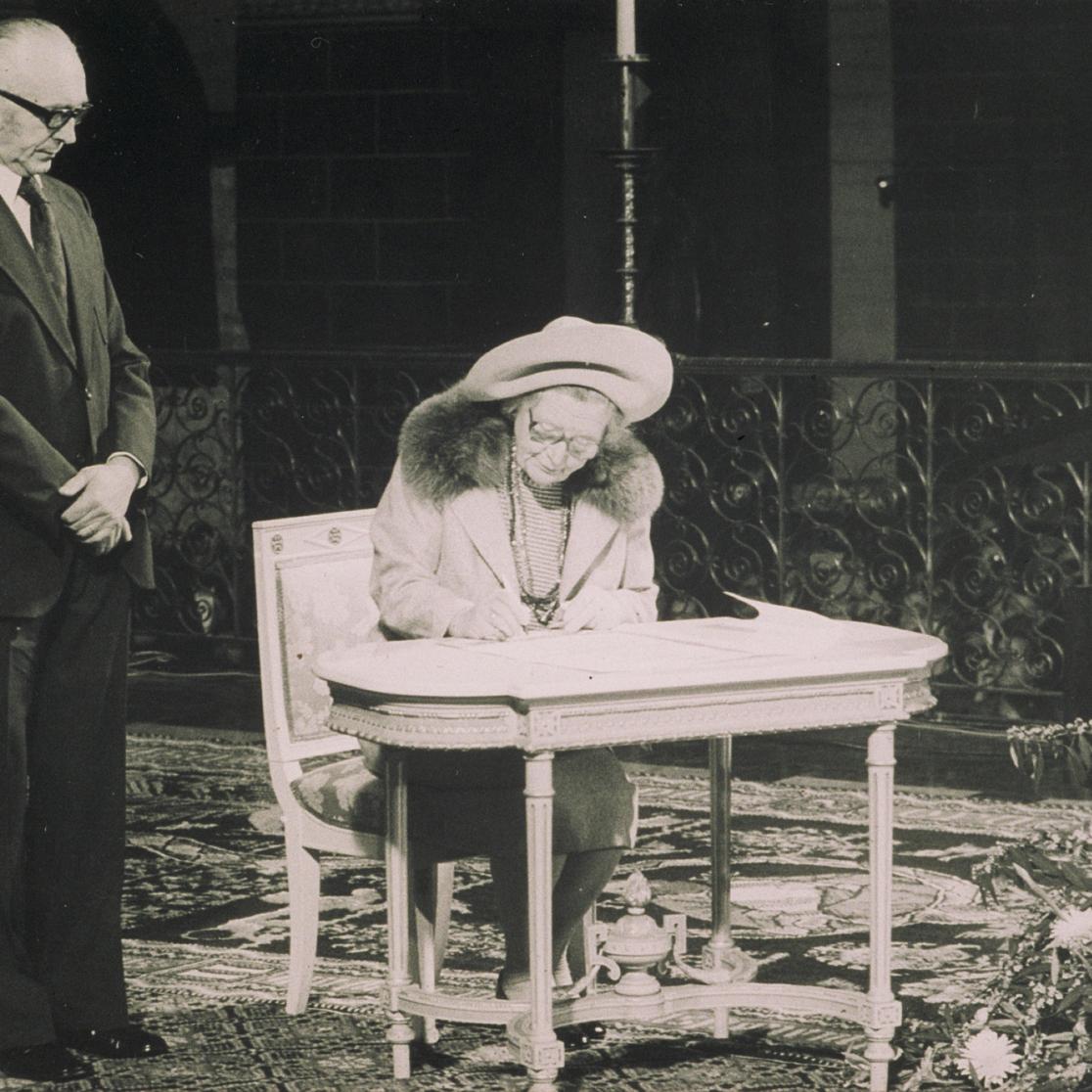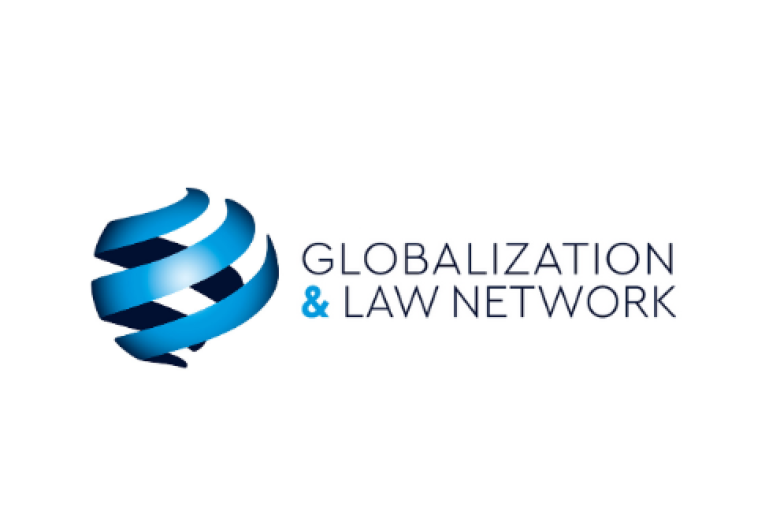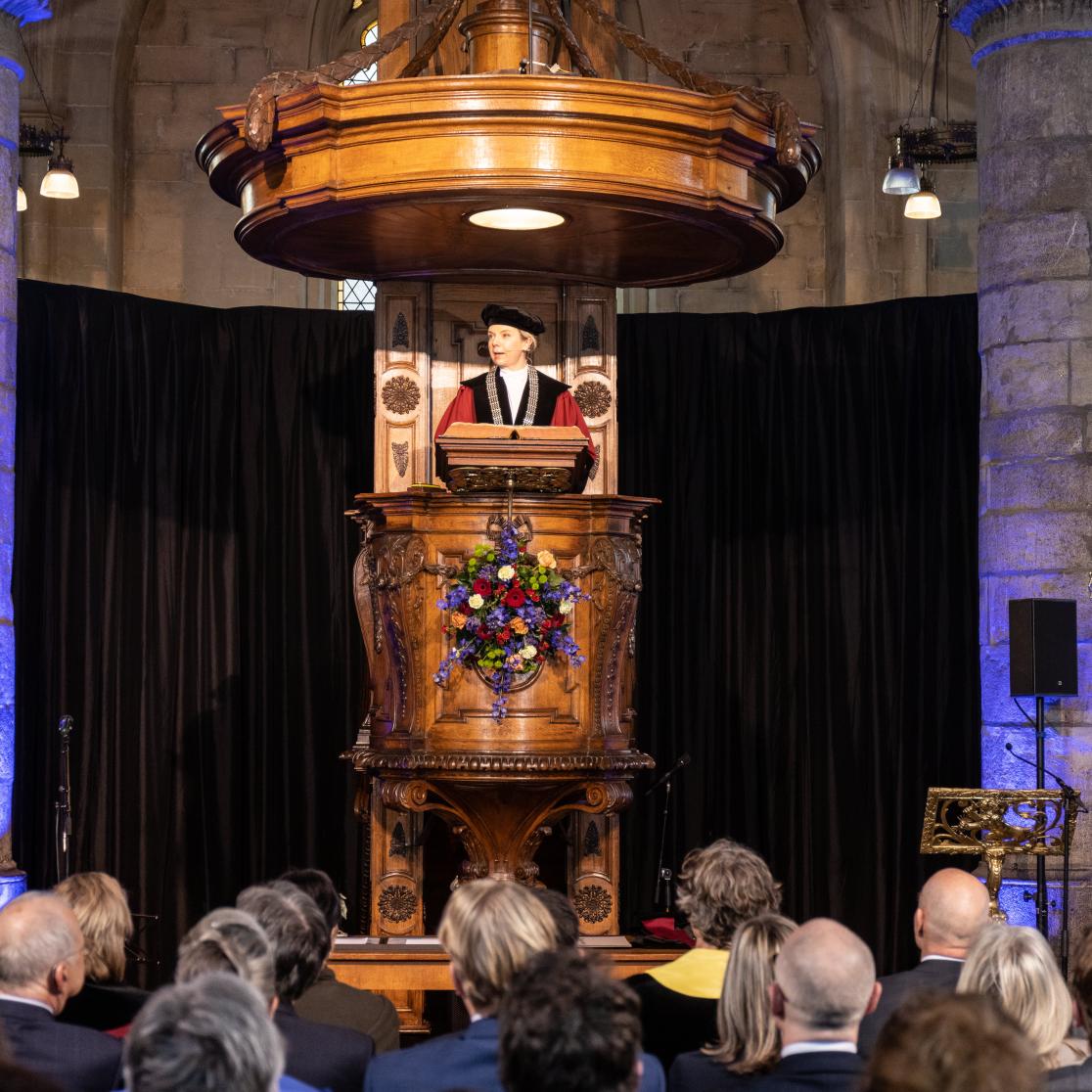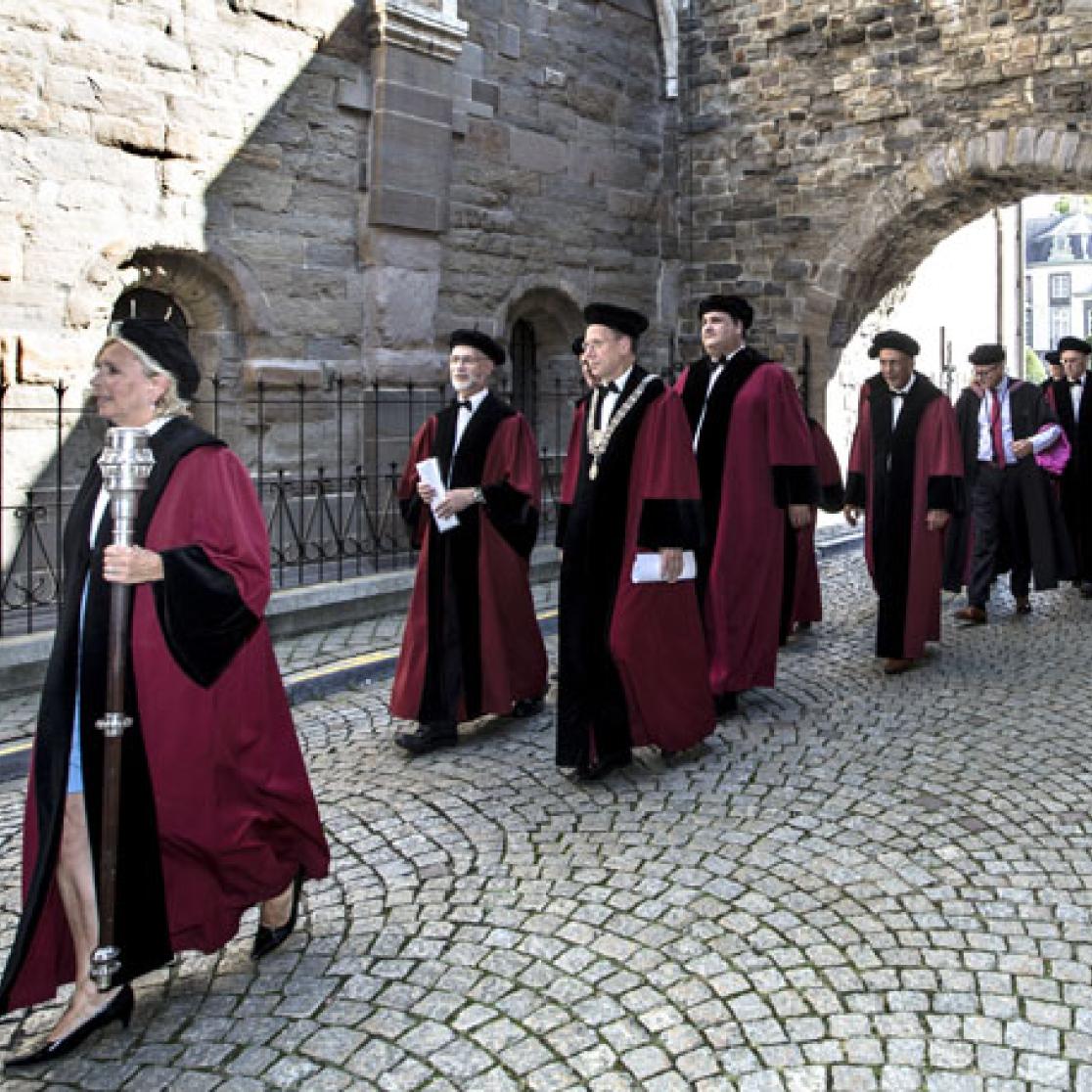Dies Natalis
Dies Natalis, meaning 'birthday' in Latin, is an annual celebration at UM. This event features an academic session attended by professors in ceremonial robes. An academic delivers the 'dies address' and honorary degrees are often awarded to recognise contributions to education and research. Additionally, several awards are bestowed, including the Wynand Wijnen Education Prize, the Dissertation Prize, and the Student Prizes for outstanding theses.
The next Dies Natalis is scheduled for 9 January 2026.
Opening Academic Year
The official opening of the academic year at UM is a traditional celebration held in late August or early September. The day revolves around a theme, with an afternoon program based on it. The event includes an academic session where professors will put on their regalia and witness the official opening.
The President of the Executive Board delivers a speech, followed by a guest speaker who expands on the chosen theme. Additionally, two prizes are awarded: the Edmond Hustinx Award for Science, recognising promising young researchers, and the UM Student Prize, given to a student or student organisation for outstanding social or cultural achievements.
The next opening of the academic year will take place on Monday 1 September 2025.
Rectorship handover ceremony
The transfer of the rector magnificus position from Professor Rianne Letschert to Professor Pamela Habibović took place at a special ceremony during Maastricht University's 46th Dies Natalis celebration.
Check out more information and the photo gallery of this ceremony.

Anniversary Maastricht University
In 2016, Maastricht University celebrated its 40th anniversary, providing an opportunity to reflect on the university's accomplishments and anticipate a promising future. To express our gratitude, we organised various activities throughout the year to honor those who have contributed to our establishment and success.
The central theme of all these activities was "Connecting to people in the city." We opened our doors to ensure that everyone in Maastricht could participate in the celebrations. This inclusivity reflects the Limburg tradition of inviting family, neighbours, and friends to your birthday party.





